World Heart Day 2021
World Heart Day is celebrated on 29th September of every year.
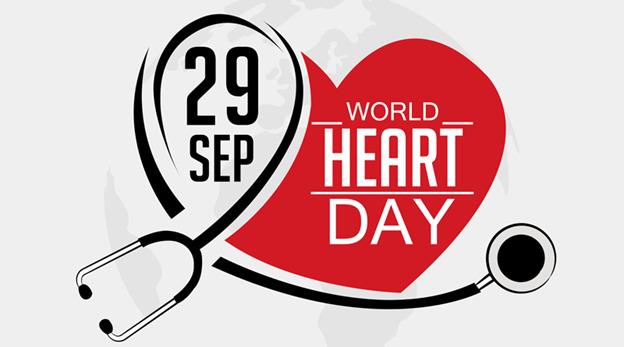
It is aimed at drawing people’s attention to heart illness and the range of associated health issues.
The day is commemorated to promote different preventative steps and changes in lifestyle to avoid any cardiovascular diseases, like heart attack, stroke, heart failure and any other condition related to the same.
The primary causes of cardiovascular diseases—poor diet, lack of exercise, and smoking—are considered modifiable factors.
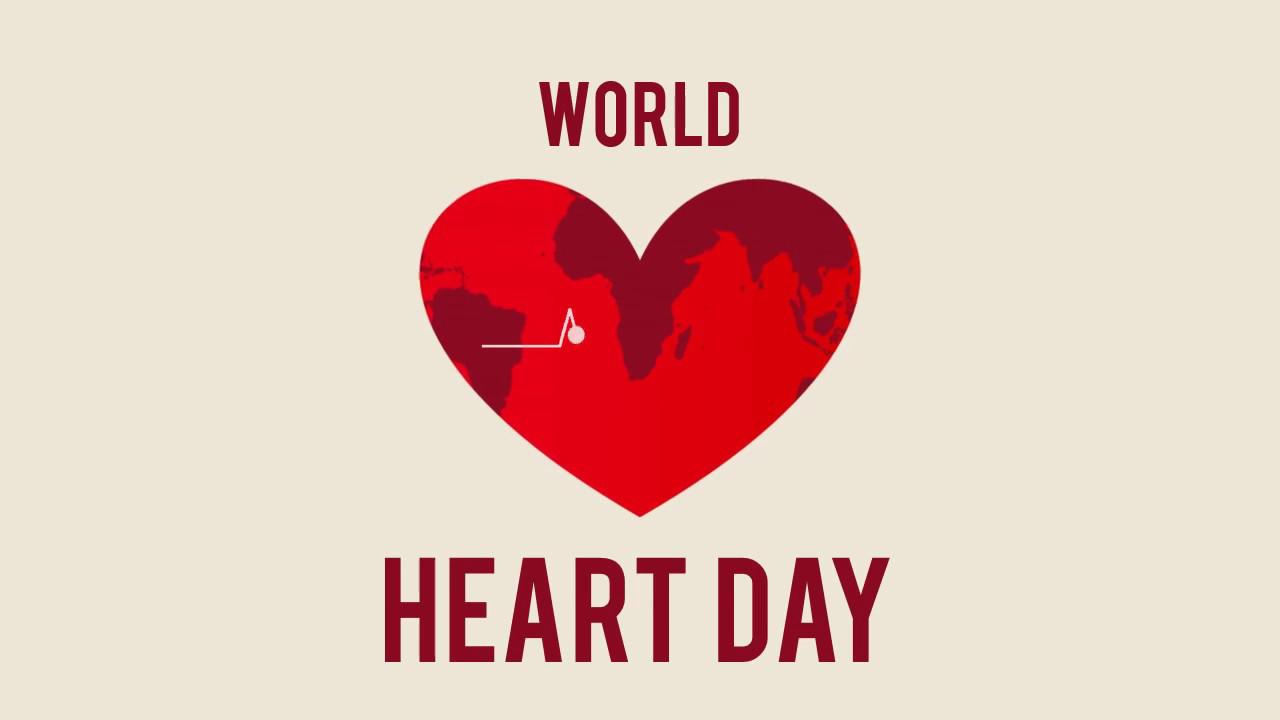
Cardiovascular diseases also have a major impact on economic systems within countries, because of the high health care costs associated with treatment and lost productivity associated with disability and absenteeism from work.
Harnessing the power of digital health to improve awareness, prevention and management of CVD globally is our goal for Word Heart Day 2021.
Digital tools, like phone apps and wearable’s, can really help you to get motivated and stay on track.
The best diet for preventing heart disease is one that is full of fruits and vegetables, whole grains, nuts, fish, poultry, and vegetable oils; includes alcohol in moderation, if at all; and avoiding red and processed meats, refined carbohydrates, foods and beverages with added sugar, sodium, and foods with trans-fat. Look after your heart by eating a heart healthy diet, saying no to tobacco, getting effective exercises and destressing through deep breathing/yoga/meditation techniques.
Food that you should be eating to maximize your heart health are:
1) Leafy green vegetables like spinach, kale and collard greens are well-known for the diverse vitamins, minerals and antioxidants, especially a great source of vitamin K, which helps protect your arteries and promote proper blood clotting .
They’re also high in dietary nitrates, which have been shown to reduce blood pressure.
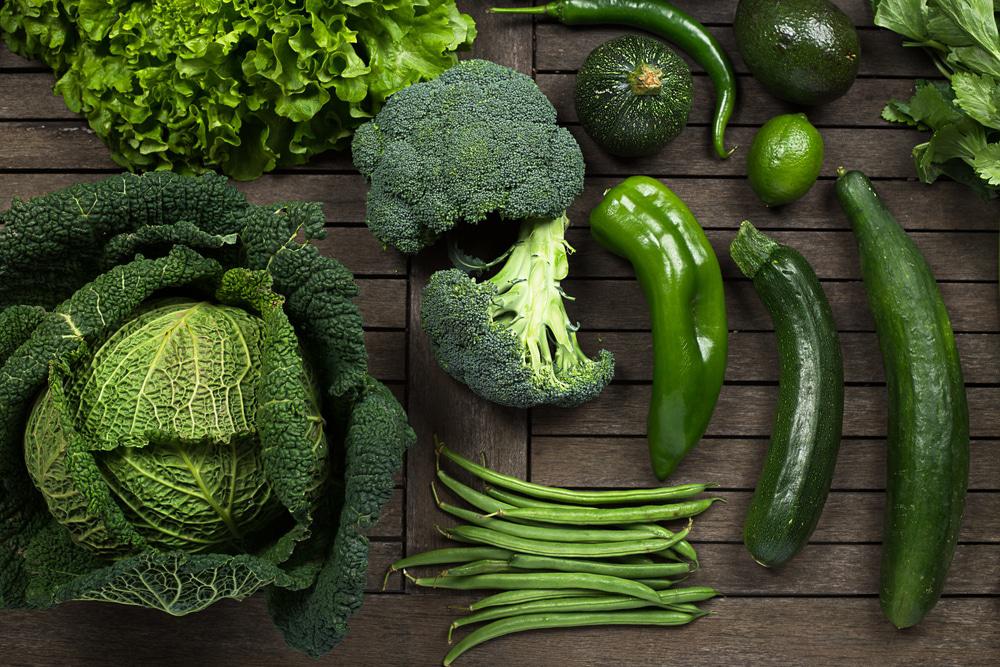
2) Broccoli: One cup broccoli contains 5 grams of fiber, polyphenols, and is loaded with vitamins and minerals.
3) Whole grains include all three nutrient-rich parts of the grain: germ, endosperm and bran.
Common types of whole grains include whole wheat, brown rice, oats, rye, barley, buckwheat and quinoa which
Contribute to lower cholesterol & reducing systolic blood pressure.
4) Walnuts: A small fistful of walnuts a day may lower your cholesterol and protect against inflammation in your heart’s arteries. Walnuts are packed with omega-3s, healthy fats called monounsaturated fats, plant sterols, and fiber.
5) Almonds have plant sterols, fiber, and heart-healthy fats. Almonds may help lower "bad" LDL cholesterol.
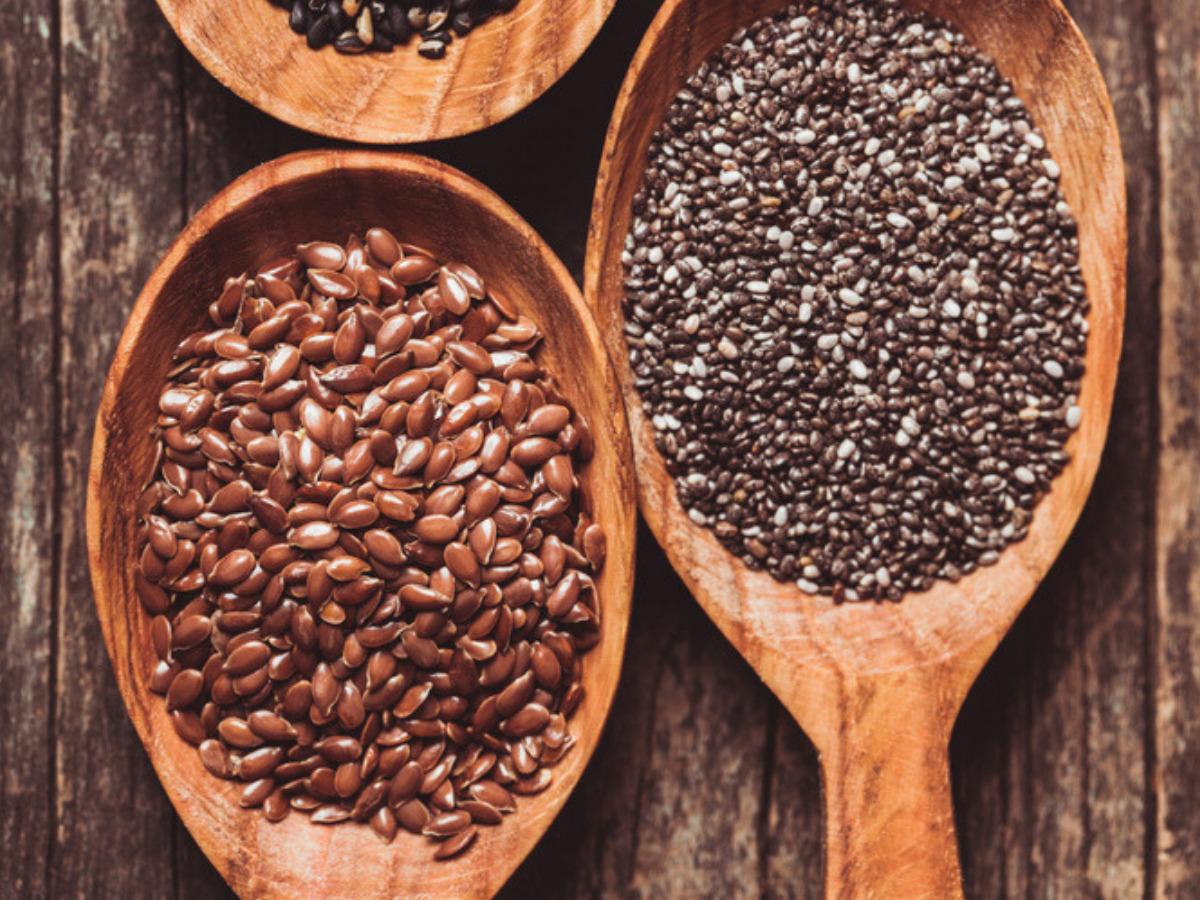
6) Flax seed, chia seed have three things that are good for your heart: fiber, phytochemicals called lignans, and omega-3 fatty acids.
7) Avocado is an excellent source of heart-healthy monounsaturated fats, which have been linked to reduced levels of cholesterol and a lower risk of heart disease.
8) Black beans, chick peas and legumes are packed with heart-healthy nutrients. Folate, antioxidants, and magnesium can help lower blood pressure. Their fiber helps control both cholesterol and blood sugar level.
9) Sweet Potato: With a lower glycemic index than white potatoes, sweet potato won't cause a quick spike in blood sugar. They also have fiber, vitamin A, and lycopene.
10) Oranges have the cholesterol-fighting fiber pectin & potassium, which helps control blood pressure

11) Apples contain guercetin, a phytochemical containing ant-inflammatory properties. It also helps in prevention of blood clots.
12) Berries: Sweet cherries, strawberry, and blue berries-- All are packed with an antioxidants called anthocyanin’s. They’re believed to help protect blood vessels.

13) Olive oil is rich in heart-healthy antioxidants which may protect your blood vessels. When olive oil replaces saturated fat (like butter), it can help lower cholesterol levels.
The best sources of heart-healthy poly- and mono-unsaturated fats are from whole foods that are close to how they are found in nature like nuts, seeds, avocado, olives and oily fish.
14) Salmon is top food for heart health, it’s rich in omega-3s. Omega-3s are healthy fats that may lessen the risk of heart rhythm disorders and lower blood pressure. They may also lower triglycerides and curb inflammation.

15) Often cheaper than salmon, tuna also has omega-3s. Albacore (white tuna) has more omega-3s than other tuna varieties. Other sources of omega-3s: mackerel, herring, sardines, and anchovies.
16) Garlic can help improve heart health due to the presence of a compound called allicin, which is believed to have a multitude of therapeutic effects.
17) Dark chocolate is a rare example of a food that tastes amazing and is good for you in moderation.
But what should you drink—or not drink for a healthy heart? Let's explore!
1) If you drink alcohol, a little red wine may be a heart-healthy choice. Resveratrol and catechins, two antioxidants in red wine, may protect artery walls. Alcohol can also boost HDL, the good cholesterol.
However, as too much alcohol is detrimental to the heart, it's advisable to talk to your doctor about it.
Don’t have more than one drink a day for women or two drinks for men. Alcohol may cause problems for people taking aspirin and other medications.
2) Drinking green tea is associated with a small reduction in cholesterol, which, as we know, is a main contributor to heart disease and stroke.
3) Plain Water is the ideal beverage, with zero calories, and 100% hydration & could also be taken either as Cold water with sprigs of fresh mint or Hot water with fresh ginger and slices of lemon.
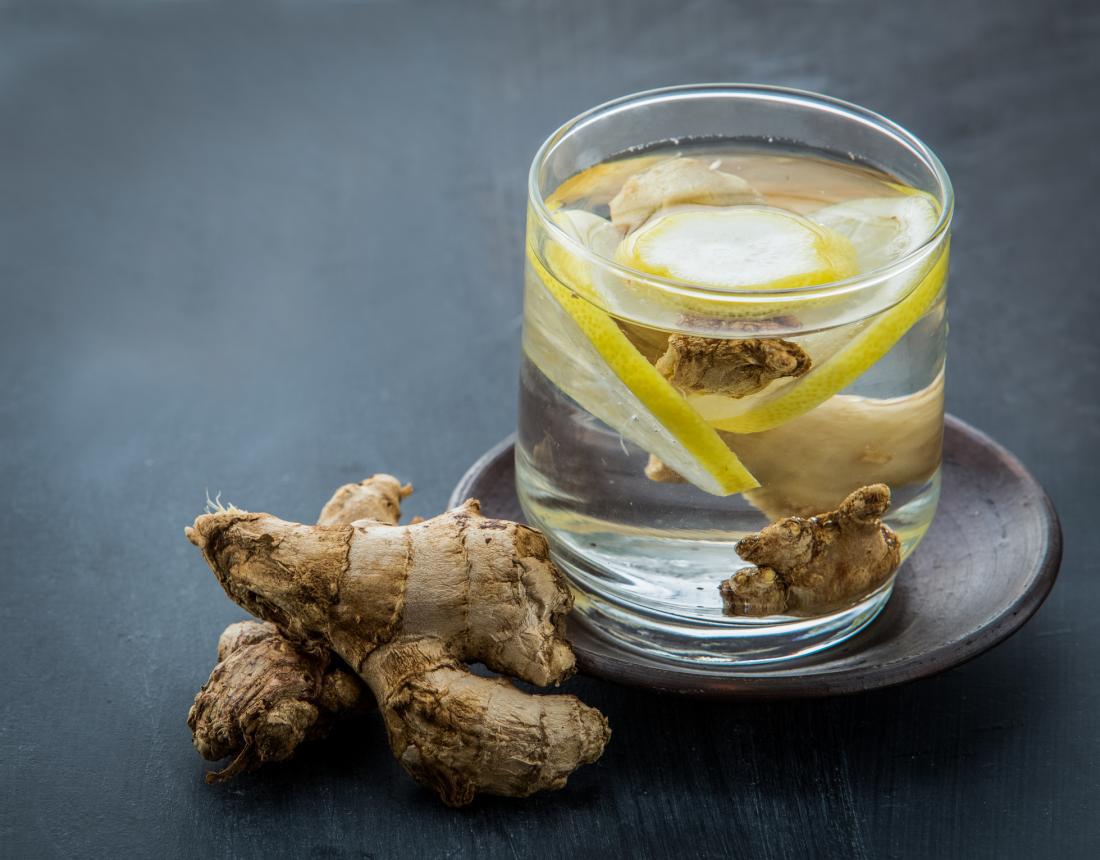
4) Coffee: A study of more than half a million people, published in July 2017 in Annals of Internal Medicine , saw an association between drinking coffee and a lower risk of death from cardiovascular disease. Just watch your caffeine consumption; you should be drinking less than 400 milligrams per day of caffeine,”
Avoid drinking too much alcohol, sodas, fruit juices and energy drinks which are high in sugar and empty calories.

Once you know, which foods to eat more of and which foods to limit, you'll be on your way toward a heart-healthy diet, however,How much you eat is just as important as what you eat.
So following a few simple tips to control food portion size can help you shape up your diet as well as your heart and waistline by using a small plate or bowl to help control your portions.
By Eating, more low-calorie, nutrient-rich foods, such as fruits and vegetables & Eating smaller amounts of high-calorie, high-sodium foods, such as refined, processed or fast food we can progress to a healthier lifestyle & protect our heart.
